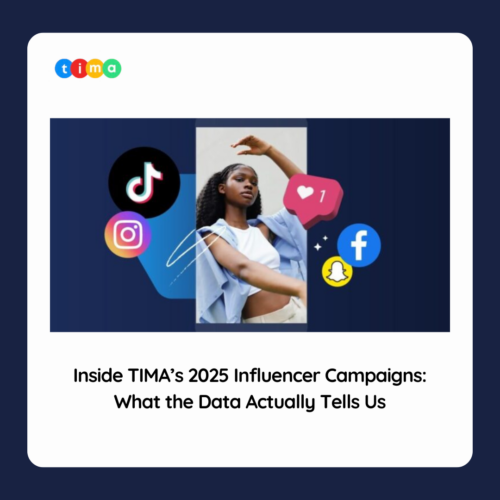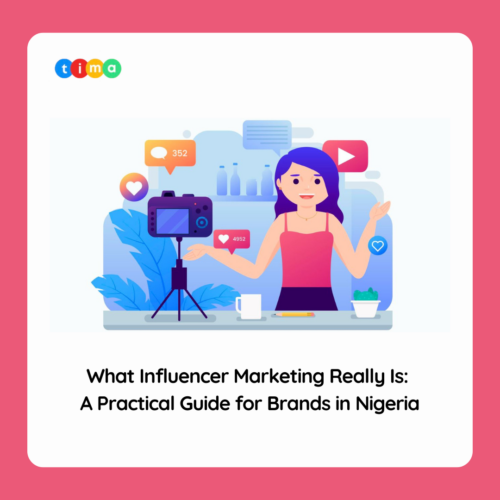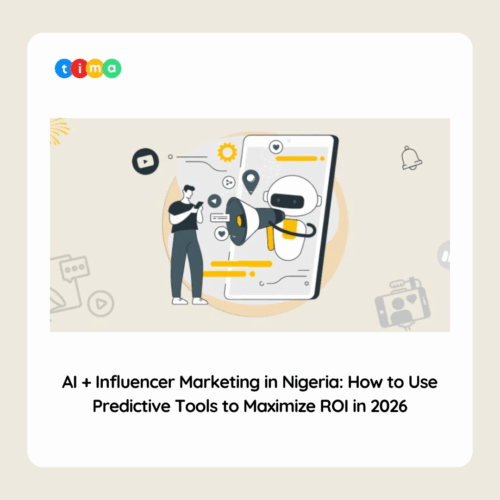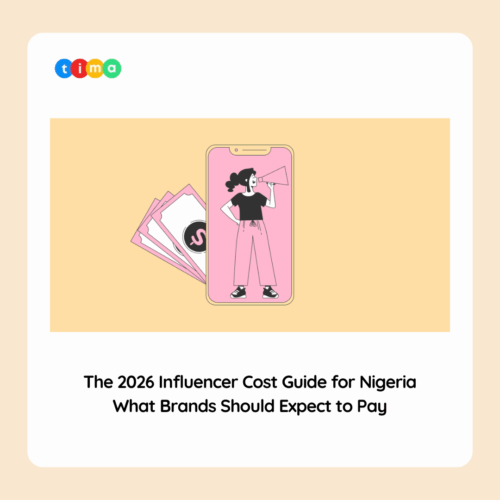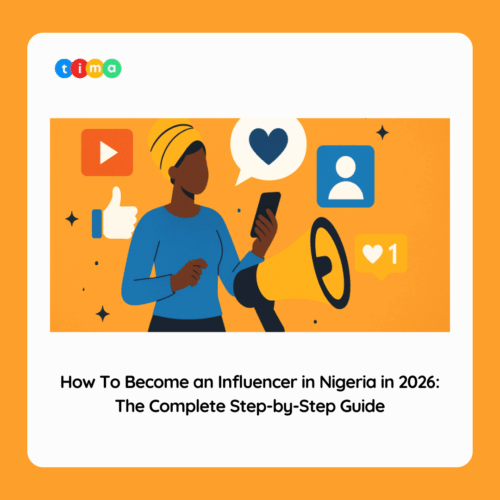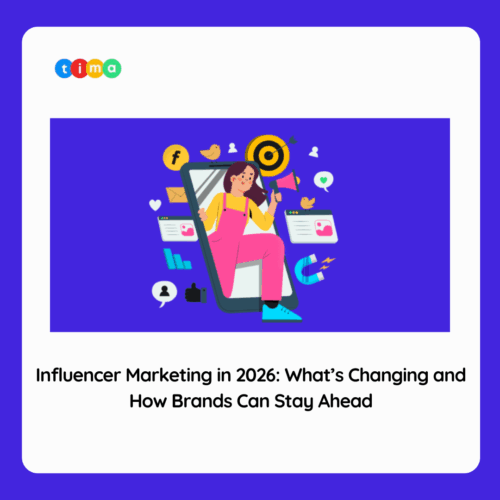Africa’s creative economy is worth $20 billion, less than 20% of the creative economy at large. The creative economy is worth over $104.2 billion in 2022.
The creative economy is a software-enabled economy that includes over 50 million independent content creators, curators, and community developers, such as social media influencers, bloggers, and videographers, with the software and financial tools aimed at assisting them in expanding and monetizing their businesses.
African creators suffer from lack of funds
Creating quality content involves significant overhead costs, from hiring a professional team to creating visually stunning settings and promoting the final product. Before content creators can get endorsement and payment to sustain their craft, they need capital—just like any other business.
Unfortunately, unlike industries like tech and impact which is easy for startups to get funding from equity or debt financing, it is not so for African creators. Startups in this sector have a hard time getting funding. Most starter content creators have to take on side jobs to sustain their business. Youtuber and writer Peace Itimi testified to this at a TEDx event

Funding content production is a huge task and obtaining creditors and investors is extremely difficult due to a MYTH
The Myth
Investors are often unwilling to fund businesses if the outcome of that investment is not guaranteed. They believe that since no one can prove exactly how much revenue content creators will make or whether they’ll even get any at all, investing in such an endeavor is too risky for their liking. This myth is hindering the growth of Africa’s creative economy.
The creator economy makes up between 2% and 7% of national GDPs worldwide, or slightly more than 6.1% of the world’s total GDP (IMF). This shows that the creative economy is both efficient and growing. It also shows that creators’ revenue can be reliably measured.

Africa’s creative economy-Solving the problem of funding
Social Media Platforms Funds
There is more light…
Social media platforms have come to realize that their success depends on the contributions of content creators, and are now making more intentional efforts to support them.
Meta for Instagram and Facebook, Tiktok, LinkedIn, Clubhouse, YouTube, Snapchat, Pinterest, and more of these social platforms are dropping off huge box to support content creators. Unfortunately, these incentives are based on milestones. For example, Tiktok only awards funds to creators who have accumulated at least 100k authentic views in 30 days. This mode of funding is not directly helping startup creators.
Revenue Based Financing or Royalty Based Financing (RBF)
RBF is a funding method by investors in which they agree to give capital to creators for a certain percentage of their businesses’ ongoing total gross revenue. To put it another way, a creative “sells” a portion of their future earnings in exchange for a cash advance today. This has shown out to be the most ethical and long-term funding choice for creators. This form of funding provides room for international investors to confidently invest in African creators without worry. Example of this is the Creative Juice fund.
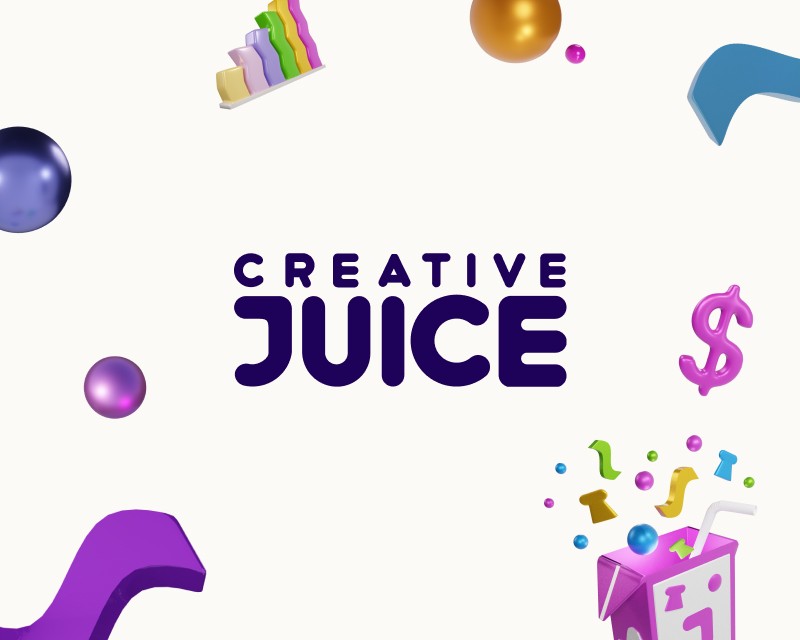
Creative Juice Fund
Creative juice is a banking app for creators. It helps creators manage their finances from incentives paid by platforms to endorsements made with brands. It is an all-in-one banking tool for creators. In April this year, Creative Juice launched a $50 million fund that will pay out over five years as it seeks “to grow the creator industry.”. This funding is not a loan; instead, it provides startup creators with upfront funding in exchange for a percentage of their future revenue over time—usually six months to three years.
This is a sustainable way for Africa’s creative economy to thrive. The upfront funding allow creators to buy the tools and supplies needed for success.
In Conclusion
The future of small and large enterprises lies in content creation, which is also a booming source of income for many people, particularly young people. Investors and the government should be willing to support the expansion of Africa’s creative economy so that we may eat more of this big cookie, which will benefit all other economic sectors.



